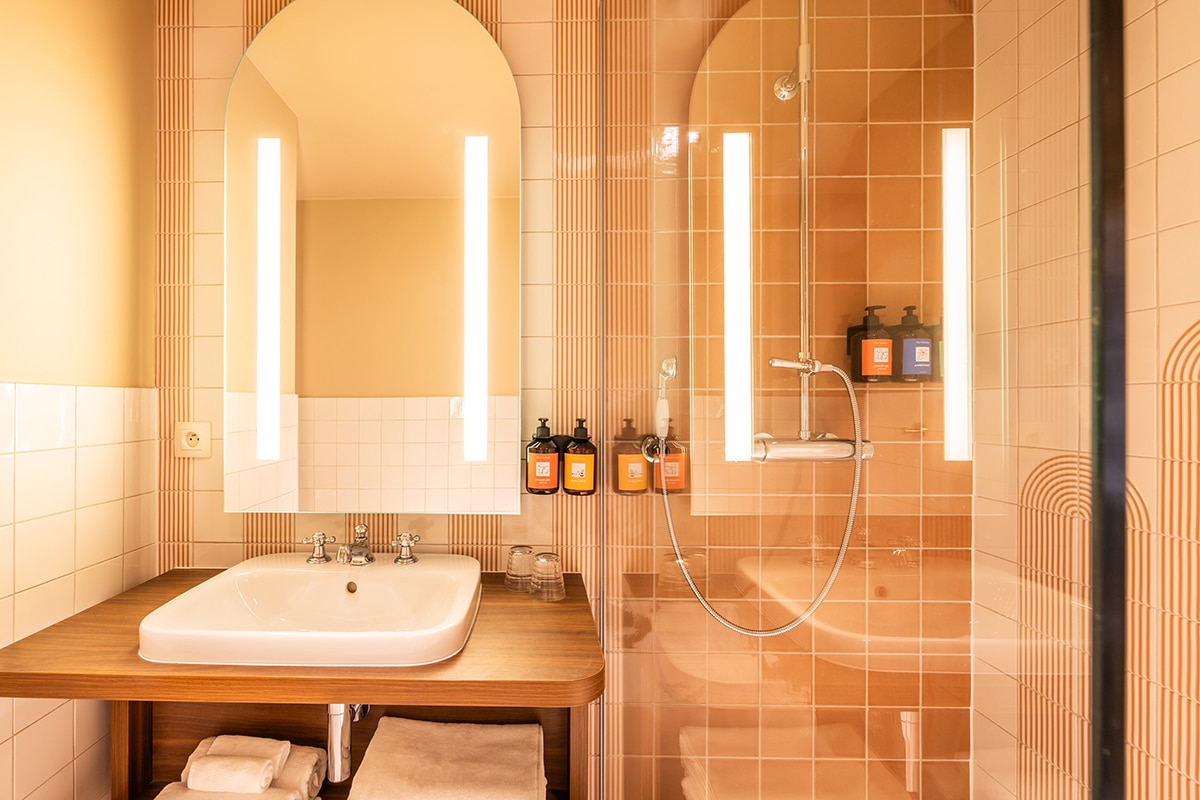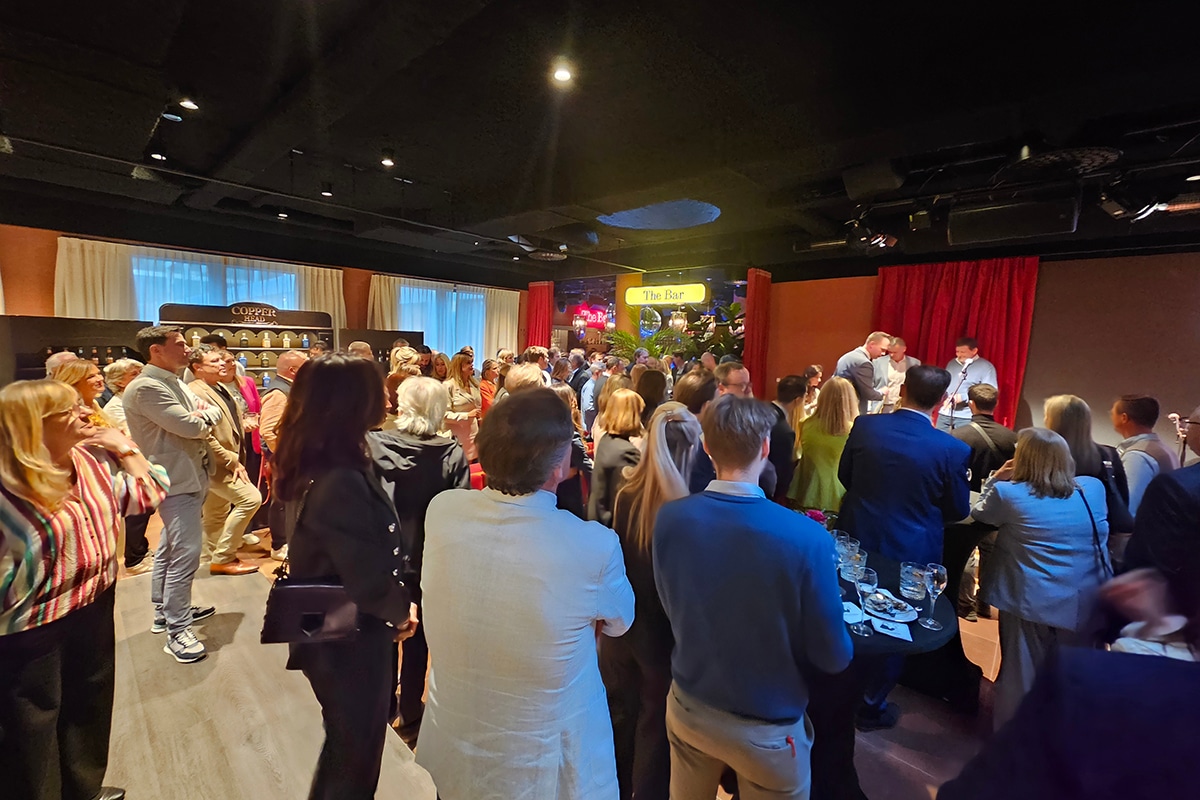
Artificial Intelligence
In the world of hotel management, the use of artificial intelligence is an intriguing innovation. Artificial Intelligence (AI) offers the ability to perform complex tasks quickly and efficiently, and thus can solve many problems.
Many people don't realise that AI in booking software has been firmly in place for years. There are all sorts of algorithms that predict whether a booking could be fraudulent so you can intervene immediately and reject the booking. Refunds are a big expense - often really headache cases - and AI tools can then predict whether a booking's payment is fraudulent. This, incidentally, is not as simple as it seems. If the system is too tightly tuned, you lose good bookings. But if the balance is right, it can save a huge amount of time and money. Result: more solid bookings.
A fantastic application of AI is of course in revenue management systems, revenue management. Real-time price optimisation is unimaginable. Amazing how intelligently all kinds of data - from competitors, current events to weather forecasts - are combined to offer exactly the right competitive price. These systems will only become more effective in the coming years.
What is still in its infancy and has a lot of potential is the interface between hotels and guests. With the rise of chatbots and virtual assistants, the way we interact with hotels is changing. Whether it is a virtual concierge, an SMS service or a chatbot on the website, such a system can capture as much as 80% of queries. At present, these are mostly relatively simple standard questions. The next step is for AI to start helping with the 20% that cannot be predicted in advance. If you look at ChatGTP, you can see that AI is getting better at dealing with unstructured queries. That will open up new applications for smart hotel management.
And take virtual reality. In itself, I don't really see that as AI, but it does have interesting applications. Matterports is a great example. With it, you can do a virtual tour and experience a location in an informal way. Important for a customer who wants to make a group booking for the JP Morgan Healthcare Conference in San Francisco, for example. Now mainly aimed at events and business travellers, but with falling costs, it will soon come into the picture for leisure travellers. For those taking 1,2, 3 trips a year, it becomes more important to have a better feel for a venue beforehand. They are often special events - birthdays, stag parties, you name it - and then you certainly don't want any negative surprises.
What is a really exciting development is the application of AI in the operational side, in house-keeping and room allocation. AI there can reduce human error and improve operational efficiency. Actable is a great example of using algorithms to optimise workflows. If the guest in room 404 checks out earlier, the system indicates that cleaning can be done earlier and immediately calculates the most efficient use of all cleaning in real time. Just think what all that adds up to...
AI-based technologies allow hotels to more accurately anticipate guests' needs. The future of AI in the hotel sector is bright, promising efficiency, personalisation and an enhanced customer experience. With growing expectations from guests to have a personalised and smooth experience, AI is key to a successful future for the hotel industry.
Jordan Hollander
CEO Hotel Tech Report / hoteltechreport.com



